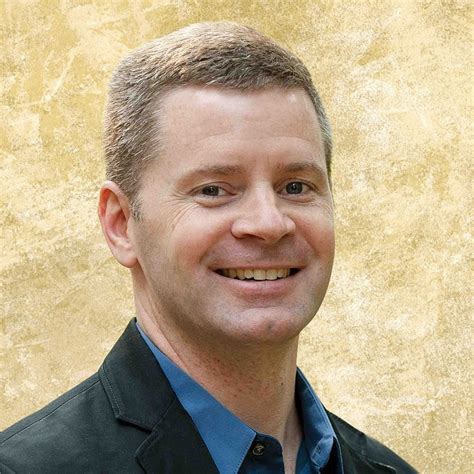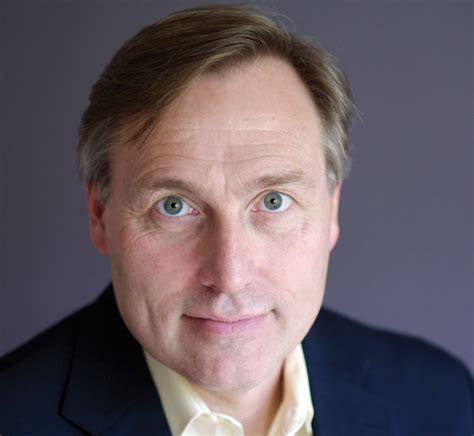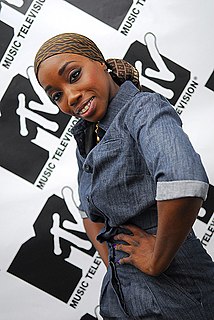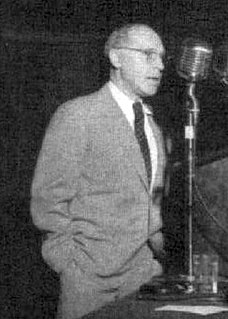A Quote by Conrad Aiken
He whose first emotion, on the view of an excellent work, is to undervalue or depreciate it, will never have one of his own to show.
Quote Topics
Related Quotes
Will’s voice dropped. “Everyone makes mistakes, Jem.” “Yes,” said Jem. “You just make more of them than most people.” “I —” “You hurt everyone,” said Jem. “Everyone whose life you touch.” “Not you,” Will whispered. “I hurt everyone but you. I never meant to hurt you.” Jem put his hands up, pressing his palms against his eyes. “Will —” “You can’t never forgive me,” Will said in disbelief, hearing the panic tinging his own voice. “I’d be —” “Alone?” Jem lowered his hand, but he was smiling now, crookedly. “And whose fault is that?
God uses millions of no-name influencers every day in the simplest selfless acts of service. They are the teachers whose names will never be in the newspaper, pastors who will never author a book, managers who will never be profiled in a magazine, artists whose work is buried in layers of collaboration, writers whose sphere of influence is a few dozen people who read their blogs. But they are the army that makes things happen. To them devotion is its own reward. For them influence is a continual act of giving, nothing more complicated than that.
A priest is a man vowed, trained, and consecrated, a man belonging to a special corps, and necessarily with an intense esprit de corps. He has given up his life to his temple and his god. This is a very excellent thing for the internal vigour of his own priesthood, his own temple. He lives and dies for the honour of his particular god. But in the next town or village is another temple with another god. It is his constant preoccupation to keep his people from that god. Religious cults and priesthoods are sectarian by nature; they will convert, they will overcome, but they will never coalesce.
And at the place where time stands still, one sees lovers kissing in the shadows of buildings, in a frozen embrace that will never let go. The loved one will never take his arms from where they are now, will never give back the bracelet of memories, will never journey afar from his lover, will never place himself in danger of self-sacrifice, will never fail to show his love, will never become jealous, will never fall in love with someone else, will never lose the passion of this instant of time.
True art and true science possess two unmistakable marks: the first, an inward mark, which is this, that the servitor of art and science will fulfil his vocation, not for profit but with self- sacrifice; and the second, an external sign, his productions will be intelligible to all the people whose welfare he has in view.
There are many other writers whose work I admire tremendously, but none whose work struck me at just the right young age. Jack Vance taught me that speculative fiction, science fiction, could be wonderfully and liberatingly stylistic. It didn't have to be pulp stuff. He really changed my writing and my view of science fiction, so if nothing else, my little homage to him in the novelette I wrote for that anthology is my thank-you to him. He helped me see that any genre can have excellent writing in it.
There is no permanent status quo in nature; all is the process of adjustment and readjustment, or else eventual failure. But man is the first being yet evolved on earth which has the power to note this changefulness, and, if he will, to turn it to his own advantage, to work out genetic methods, eugenic ideas, yes, to invent new characteristics, organs, and biological systems that will work out to further the interests, the happiness, the glory of the God-like being whose meager foreshadowings we the present ailing creatures are.


































